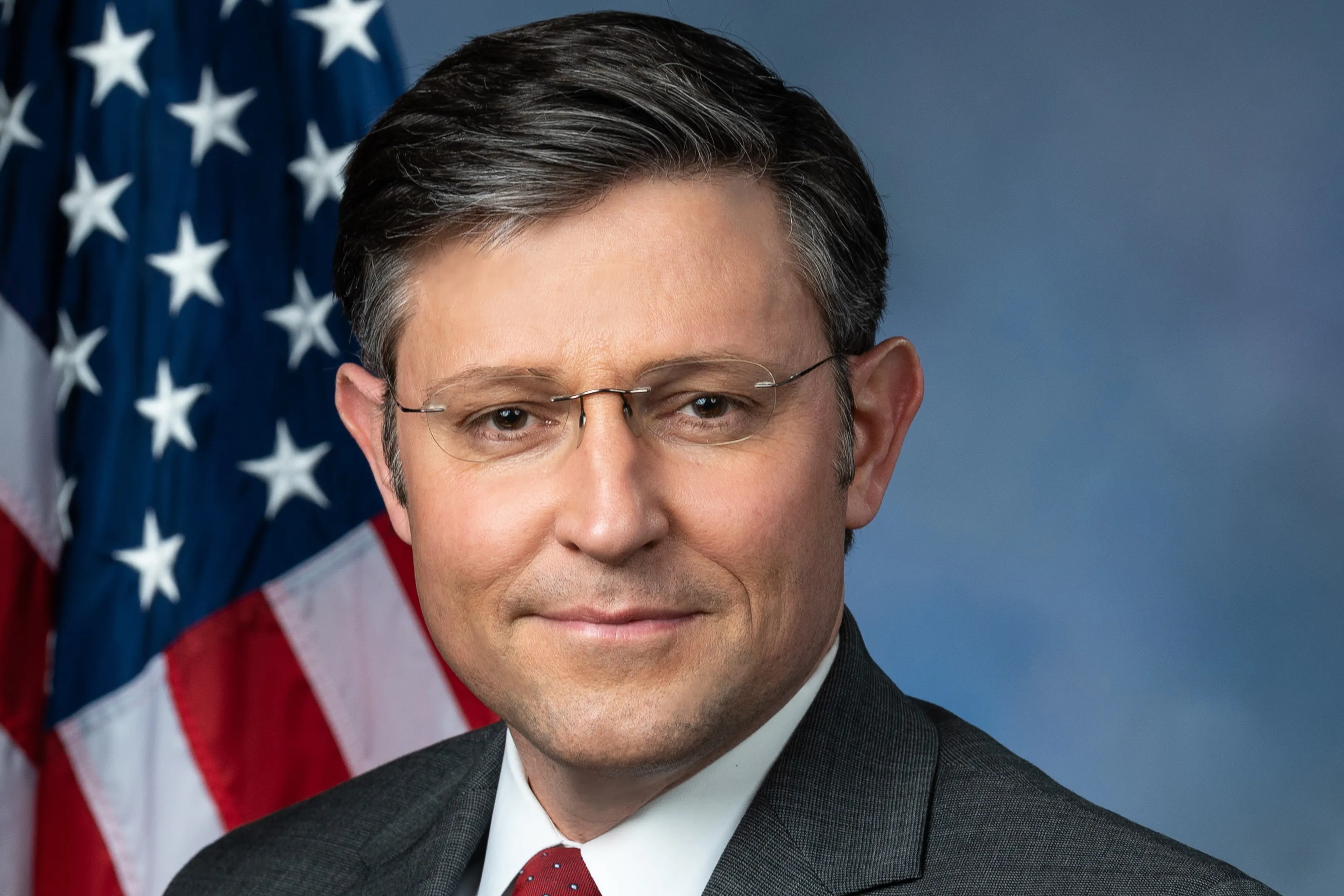
Daily Audio Newscast Afternoon Update - September 4, 2025
© INDU BACHKHETI - iStock-1336427297
News from around the nation.
Trump takes tariffs fight to US Supreme Court; Coloradans hold breath as judge considers new gas pipeline standards; MN farmer: USDA office shuffle leaves producers in lurch; Working to address WA's child care 'crisis.'
Transcript
The Public News Service Thursday afternoon update, I'm Mike Clifford.
President Trump's administration has asked the US Supreme Court Wednesday to swiftly hear a bid to preserve his sweeping tariffs pursued under a 1977 law meant for emergencies after a lower court invalidated most of the levies that have been central to the Republican president's economic and trade agenda.
That's a take from Reuters.
They report the Justice Department appealed in August '29 ruling by a federal appeals court President overstepped his authority in invoking the law known as the International Emergency Economic Powers Act, undercutting a major Trump priority in his second term.
The court's new term begins on October 6.
Meantime, after an explosion in Firestone killed two people in the year 2017, Colorado lawmakers ordered the state agency that regulates oil and gas pipelines to create new safety standards.
June, the Public Utilities Commission issued a proposed rule on advanced leak detection and repair for natural gas pipelines.
Barbara Vasquez with the Western Colorado Alliance says if the new rule is approved, future tragedies like the one in Firestone can be prevented.
The expectation is with this advanced leak detection and repair embedded in the rules that the whole state will be safer.
Administrative Law Judge Robert Garvey is charged with bringing final recommendations on the new rule to the PUC.
I'm Eric Galatas.
And the USDA is extending the public comment period for a controversial plan involving important services for Minnesota farmers and producers around the country.
Skeptics of the proposed reorganization warn of disruptions and threats to food safety.
Over the summer, the federal agency announced a large-scale idea for shaking up the geography of USDA workers by relocating roughly 2,600 staff based in and around Washington, D.C. to five regional hubs.
The Trump administration contends a key benefit is bringing more staff closer to food producers.
But Minnesota farmer Doug Alban isn't so sure, suggesting those employees won't wanna uproot their lives and move elsewhere.
So we're liable to lose a lot of the institutional knowledge and people that understand how things work and are able to facilitate programs coming out to farmers.
I'm Mike Moen.
Next, Washington State is facing a lack of affordable childcare, forcing many families to choose between staying in the workforce and staying home.
Seattle lawmakers are hoping to renew the Families Education Preschool and Promise Levy started in 2018.
Suzette Espinoza Cruz with the Save the Children Action Network says the initiative will help build on gains already made.
This levy is going to create a seamless support system for children from birth to kindergarten through elementary school, middle school, high school and beyond.
The love you would invest $660 million to expand early language programs for Seattle's children.
This is public news service.
September is National Infant Mortality Awareness Month, shining a light on a difficult and persistent issue.
The infant mortality rate in North Carolina was 6.9 deaths per thousand births in 2023, which was the 10th highest rate in the nation.
There are also large disparities along racial lines, with black infants dying at three times the rate of white infants.
Kaelin Richards with the organization NC Child says the top two causes of infant mortality in North Carolina are low birth weight and birth defects.
That can be tied directly back to access to early prenatal care within the first trimester of a pregnancy, which black mothers typically have less access to that prenatal care in their first trimester compared to white mothers and those of other race and ethnicities.
State policy makers are looking into ways to reduce the infant mortality rate.
Each year, the North Carolina Child Fatality Task Force sends a report to the governor and general assembly, which includes recommendations for reducing child deaths.
I'm Eric Tegethoff reporting.
And New York advocates are sounding the alarm over looming threats to disability access on multiple fronts.
With more than 4 million New Yorkers living with a documented disability, federal policy changes include cuts to Medicaid and staff reductions and reorganizations at enforcement agencies.
Shifting costs on the states is likely to reduce accessibility accommodations in education and elsewhere.
Sharon McLennan Weir with the Center for Independence of the Disabled New York says these impacts will be widely felt.
It doesn't matter if you're Republican, Democrat or Independent, you're black, white, you're rich or poor.
Anyone can have a disability from an injury to an accident to a disease.
It can happen to anyone at any time.
And it would be so much better if we have an environment that is accessible for everyone.
While the Americans with Disabilities Act celebrated its 35th anniversary this summer, the Older Rehabilitation Act of 1973 faces a potential threat in federal court. 17 states are challenging regulations that reinforce community-based care, raising concerns that states could shift resources back towards institutional settings.
Brett Pivito reporting.
Finally, budget cuts and regulatory rollbacks are roiling Arizona conservation groups to demand that their representatives in Washington, D.C. stop rubber-stamping cuts to environmental regulations and agency funding.
Groups such as Chispa, Arizona, say rising energy costs are hurting working people and providing corporate interests with unwarranted record profits.
V&A Oliverio at Chispa, part of the League of Conservation Voters, fears that decades of work toward renewable energy goals will be erased.
The utilities just rolled back their promises to transition to clean energy by 2030.
They just said, "We're not going to do that anymore." and it's really alarming because renewable energy, clean renewable energy is the only way that we can move forward in Arizona.
Mark Richardson reporting.
This is Mike Clifford for Public News Service, member and listener supported.
Find our trust indicators at publicnewsservice.org.















